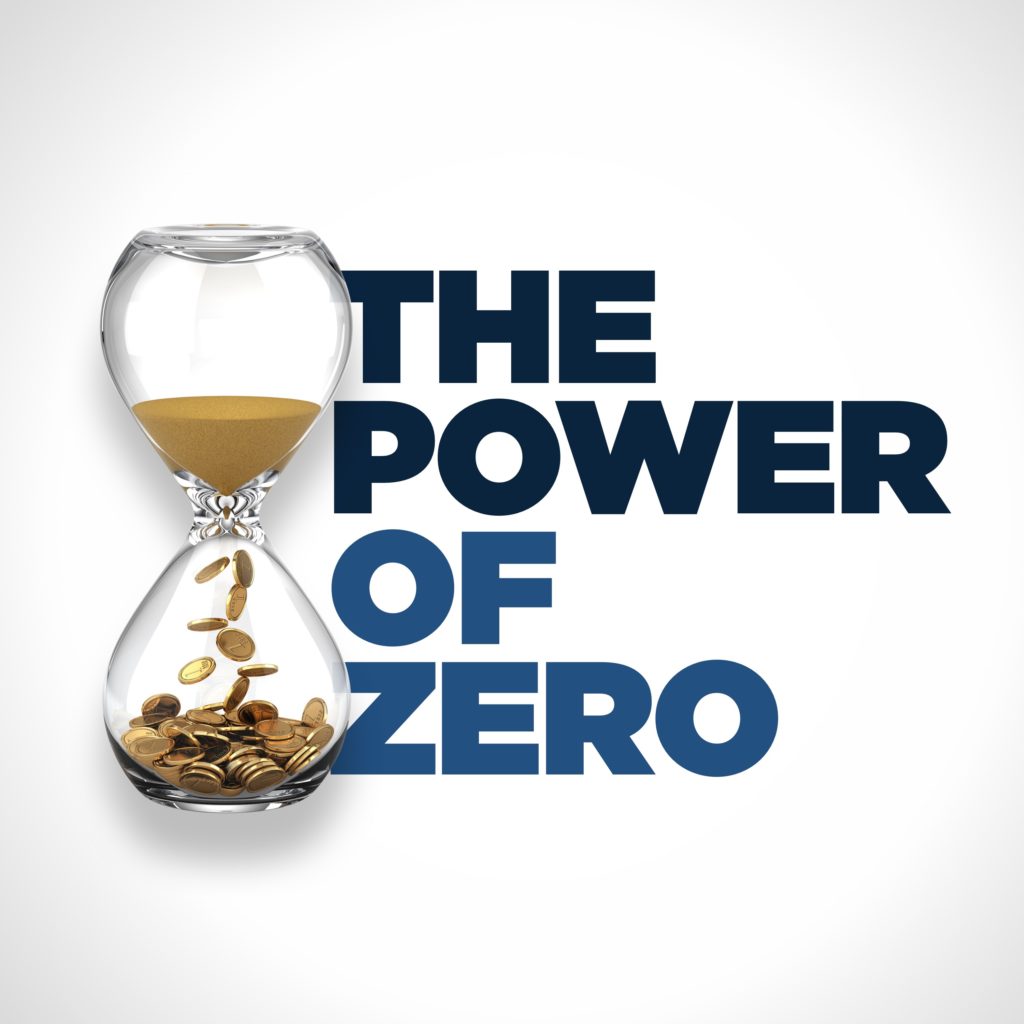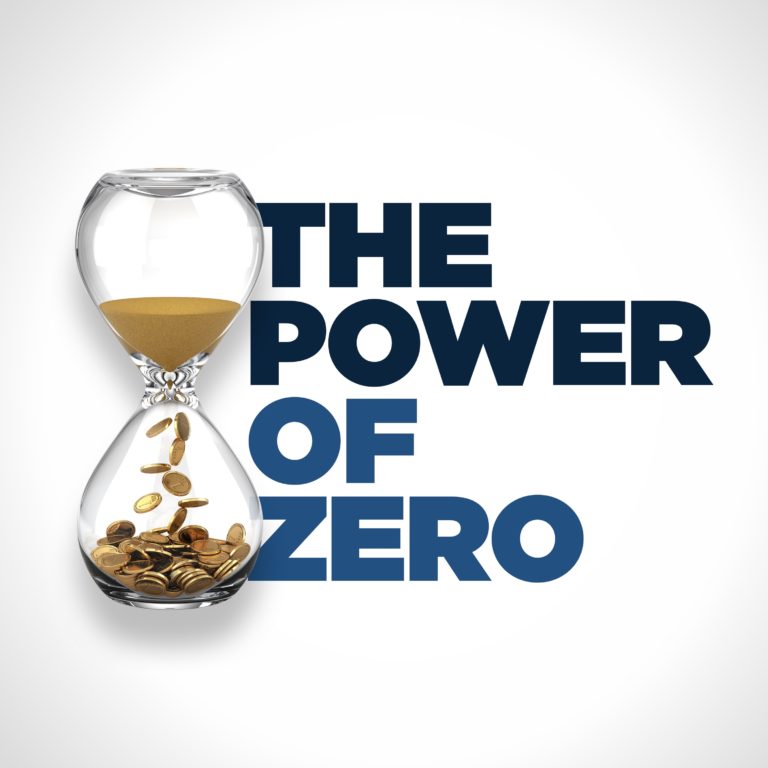David has been in the industry since 1997, serving people and trying to insulate them from the coming tax storm. David’s wife and seven kids live with him in Puerto Rico, and he’s written several books to get the word out to the American people.
David Walker was the former Comptroller General of the federal government, and in 2010 he created a movie called I.O.U.S.A. In that movie, he talked about how we are marching into a future where we are likely to go bankrupt as a country. David Walker is one of the key people that has inspired David to talk about these issues, along with Larry Kotlikoff. 10 years later, it seems like no one is talking about the issues anymore.
Not a lot of people are aware that tax rates will be higher in the future than they are today. Even with the people that do believe the message, they haven’t done much about it.
David does about 70 or 80 presentations a year, and the people he talks to seem to recognize that we are in tough fiscal straights. Once they get educated, people recognize that math doesn’t lie, and if they want to be prepared for retirement they have to dramatically change the way they do things.
Politicians are very reluctant to control spending, because their number one job is to get elected. The biggest voting block in the US is the Baby Boomers, and the easiest way to not get elected is to talk about cutting Medicare, Medicaid, and Social Security.
In the Power of Zero movie, Tom McClintock talks about the concept of a sovereign debt crisis. That’s where other nations will no longer loan you money, and since Medicare and Medicaid is pegged to inflation, that scenario basically leaves us with dramatic and draconian increases in tax rates as the only viable option.
The states are not immune to unfunded liabilities. 75 million Baby Boomers are making a bet, whether they know it or not, that tax rates will be lower in the future than they are today by leaving their money in 401(k)’s and IRA’s. David Walker famously talked about why tax rates will basically have to double in the next ten years because we can’t grow our way out of the problem, or print our way out, and people will not lend us the money.
Tax rates will have to double in the next ten years if we don’t start cutting these programs in a dramatic way. For every year we don’t cut Social Security by a third, the harder the fix becomes on the back end.
There are millions of different types of investments, but they all fit into one of three types of buckets. The taxable bucket typically contains things like money markets, CD’s, and brokerage accounts. The taxable bucket is the least efficient way to save your money. Every dollar you give to the IRS is a dollar that you don’t get to invest and grow for your future, which is why David recommends that you only keep your emergency funds in the first bucket.
The majority of the Baby Boomer’s savings are in the tax deferred bucket. David likes to describe this bucket as going into a business partnership with the IRS, where they get to vote on what percentage of your profits they get to keep. This can make planning for retirement really difficult because you can’t really know how much money you actually own.
The last bucket is the tax free bucket. If you believe that taxes will be higher in the future than they are today, it makes sense to pay the tax today and then take it out tax free later on. At that point, you have divorced yourself from the IRS and own that money. If you’re in the zero percent tax bracket, it insulates you from higher taxes. Even if tax rates double, two times zero is still zero.
The taxable bucket can be very useful since it’s very liquid and easily accessed. The optimal amount to hold in your taxable bucket is around 6 months of basic living expenses. Any investments in this bucket should be low risk and non-volatile.
Living a richer life by design means being more intentional and proactive when it comes to retirement planning. We have been lulled into the traditional paradigms, and people have to remember that the purpose of your retirement account isn’t about getting a tax deduction. It’s about maximizing your cash flow during a period of your life when you can least afford taxes. The Power of Zero worldview really embodies the by design perspective.



